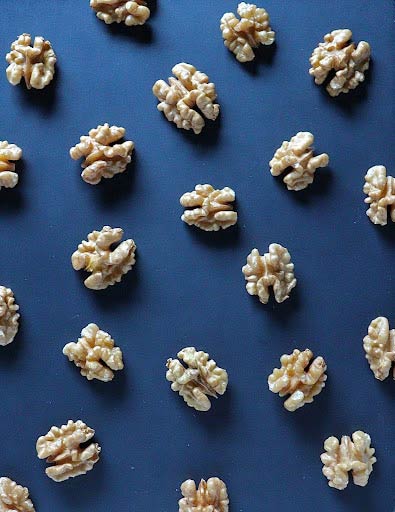 In recent years, the intricate connection between our gut microbiome and mental health has garnered significant attention. Emerging research suggests that the diverse community of microorganisms residing in our intestines plays a crucial role in our emotional well-being, challenging the traditional view of mental health that often centers solely on psychological interventions. Understanding this connection opens new avenues for improving mental health through dietary choices, probiotics, and comprehensive therapeutic approaches.
In recent years, the intricate connection between our gut microbiome and mental health has garnered significant attention. Emerging research suggests that the diverse community of microorganisms residing in our intestines plays a crucial role in our emotional well-being, challenging the traditional view of mental health that often centers solely on psychological interventions. Understanding this connection opens new avenues for improving mental health through dietary choices, probiotics, and comprehensive therapeutic approaches.
Understanding the Microbiome
The gut microbiome consists of trillions of bacteria, viruses, fungi, and other microorganisms that reside in our digestive tract. These microbes perform a variety of essential functions, including aiding digestion, producing vitamins, and regulating our immune system. However, their influence extends beyond physical health; they also impact our brain and mental health through what’s known as the gut-brain axis. This complex communication network links the gut and the brain, allowing them to influence each other.
The Gut-Brain Axis
Research has shown that the gut microbiome can affect mood, cognition, and behavior. For instance, certain gut bacteria produce neurotransmitters like serotonin and gamma-aminobutyric acid (GABA), which are vital for regulating mood and anxiety. A balanced microbiome can help maintain healthy levels of these neurotransmitters, while an imbalance—often caused by poor diet, stress, or illness—can lead to issues like depression and anxiety.
The Role of Nutrition
Nutrition plays a foundational role in shaping our microbiome. Diets high in processed foods, sugars, and unhealthy fats can disrupt microbial balance, leading to a decline in mental well-being. Conversely, a diet rich in fiber, fruits, vegetables, and fermented foods can promote a diverse and healthy microbiome. Foods such as yogurt, kefir, sauerkraut, and kimchi contain probiotics—live microorganisms that can provide health benefits when consumed in adequate amounts. These foods help nourish beneficial gut bacteria, potentially improving both gut health and mental well-being.
Probiotics: A Complementary Approach
Probiotics are increasingly recognized as a valuable addition to traditional mental health treatments. Some studies suggest that specific probiotic strains can alleviate symptoms of anxiety and depression, supporting the notion that gut health is integral to mental health. While probiotics can be beneficial, they should not replace conventional therapies such as counseling or medication but rather complement them. Incorporating probiotics into a comprehensive treatment plan can enhance overall mental health outcomes, offering a holistic approach that addresses both the mind and the body.
Mental health counseling and therapy remain critical components of effective treatment for mental health conditions. These approaches provide the necessary tools to navigate emotional challenges, develop coping strategies, and foster resilience. The connection between the microbiome and mental health underscores the importance of a holistic approach to well-being. By prioritizing nutrition, incorporating probiotics, and maintaining a commitment to mental health counseling and therapy, individuals can cultivate a healthier mind and body. As we continue to unravel the complexities of the gut-brain relationship, it becomes increasingly clear that nourishing our microbiome is not just about digestive health—it’s about enhancing our overall mental health and quality of life. Embracing this integrative approach can lead to a brighter, healthier future for those navigating the challenges of mental health.

